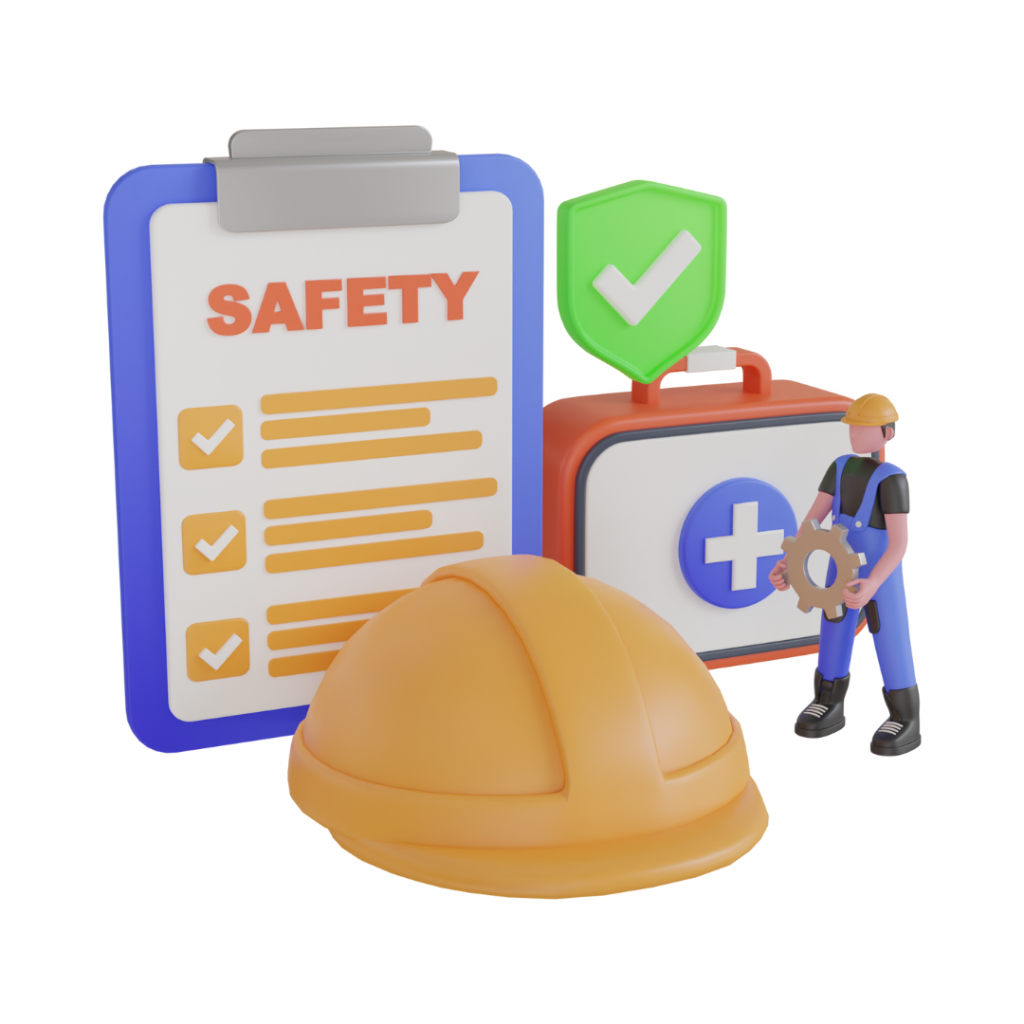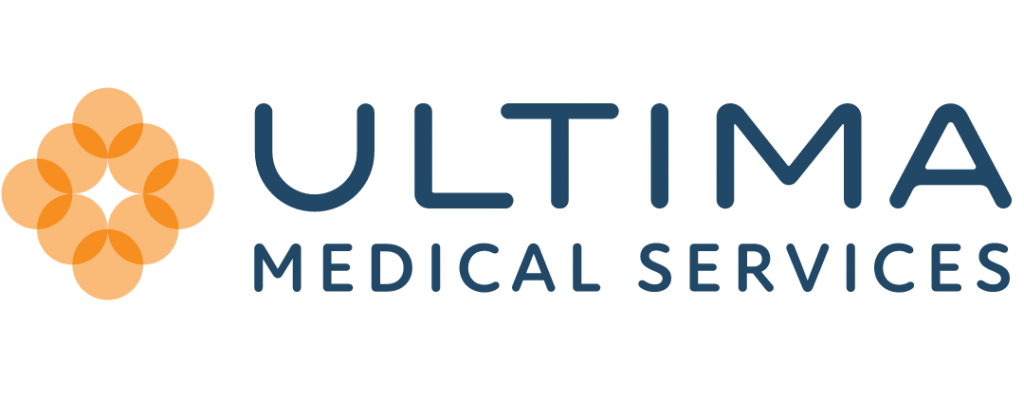Occupational health assessments (OHAs) are a critical aspect of the modern workplace, providing a framework for both employers and employees to maintain a safe, healthy working environment. The following blog post delves into the nature of OHAs, their importance to employers and employees, how to implement them, the role of occupational health professionals, and the legal requirements associated with them.
Understanding the Nature of Occupational Health Assessments

Occupational health assessments serve as a comprehensive approach to identifying and managing potential health risks within the workplace. The assessment explores various elements in the working environment that might affect the health of employees, including physical aspects like machinery or chemical substances, biological elements such as exposure to harmful bacteria or viruses, and even social and psychological factors like work stress or inter-colleague relations. The main aim is to create a balance in the workplace, where the environment and work practices do not deteriorate the employees’ health, and on the contrary, facilitate the greatest level of physical, mental, and social wellness amongst all employees. In simpler terms, these assessments work towards creating a workplace that prioritizes health, safety, and the overall well-being of its staff.
The Significance of Occupational Health Assessments for Employers
Occupational Health Assessments (OHAs) can serve as a powerful resource for employers aiming to optimize their workplace. Managing potential health hazards not only shields employees but is also positively correlated with elevated productivity. Moreover, OHAs can bolster the organization’s reputation. They showcase an employer’s commitment to prioritizing the health and safety of their workforce. This commitment can enhance morale among current employees, leading to higher job satisfaction and improved employee retention rates. Externally, demonstrating a proactive approach to occupational health can solidify the organization’s status as an employer of choice. In an increasingly competitive labor market, a strong health and safety record can provide a competitive edge in attracting top talent. If you are wanting to get a start on building your organization up in terms of reputation, visit our website to see what services are available and will fit you best.
The Importance of Occupational Health Assessments for Employees
Occupational health assessments (OHAs) present a multitude of benefits for employees, establishing a safer and healthier work atmosphere. A key advantage of Assessments is that they aid in the identification of potential health hazards that might be linked to an individual’s job. This knowledge enables employees to take necessary preventive actions to safeguard their well-being, ensuring they are not unnecessarily exposed to potential harm.
Beyond the personal health aspect, OHAs provide reassurance for employees that their employer is committed to their health and safety. These assessments are an active demonstration of an employer’s obligation to their staff, showing that measures are being taken to prevent work-related illnesses or injuries. This can contribute to an enhanced sense of job security, knowing that their well-being is a priority for the organization. Our OHAs also provide an open platform for employees to discuss any health-related worries or issues. This encourages a transparent dialogue between employees and management, promoting a collaborative work culture where employee concerns are valued and addressed. This can lead to a more harmonious work environment, fostering mutual respect and understanding.
In essence, the significance of OHAs for employees extends far beyond mere compliance with regulations. They serve as a tool for health prevention, assurance of their employer’s commitment to their well-being, and a medium for communication about health-related concerns. As such, they form a critical part of maintaining and enhancing employee welfare within the workplace.
Legal Requirements

Compliance with occupational health laws and regulations is crucial for every organization, as breaches can result in serious penalties. Occupational Health Assessments (OHAs) serve as a cornerstone in achieving this compliance by identifying any gaps in current practices that may contravene legal requirements. With the help of our occupational health professionals, who are well-versed in the legal intricacies of workplace health and safety, organizations can more effectively navigate the landscape of legal compliance. These professionals can provide critical guidance in interpreting and implementing the laws, thus avoiding any missteps that could lead to penalties or legal repercussions.
However, it’s important to remember that legal compliance is just one aspect of occupational health and safety. While it’s imperative to meet these minimum standards, employers should aim to go beyond them in the pursuit of an optimal, healthy work environment.
In summary, the integration of OHAs into an organization’s health and safety framework not only ensures legal compliance but also promotes the overall wellbeing of employees. Hence, understanding and fulfilling the legal requirements in occupational health is a responsibility that employers must prioritize, not only to avoid penalties but more importantly, to protect and support the health and safety of their employees.
Summary of Occupational Health Assessments
In conclusion, Occupational Health Assessments (OHAs) are vital for both employers and employees. For employers, OHAs act as a strategic asset, helping create a healthier, more productive workplace, and enhancing organizational reputation. For employees, they foster a safer work environment, provide assurance of their employer’s commitment to their health, and facilitate communication about health-related concerns. Implementing OHAs demands a systematic approach, including hazard identification, risk assessment, hazard control, continuous monitoring, and employee training. Ultimately, OHAs not only help organizations adhere to occupational health and safety regulations but also promote the overall well-being of employees. Investing in occupational health assessments is indeed a wise decision that pays off in terms of health, safety, and productivity. If you are ready to book with us, fill out our contact form!



